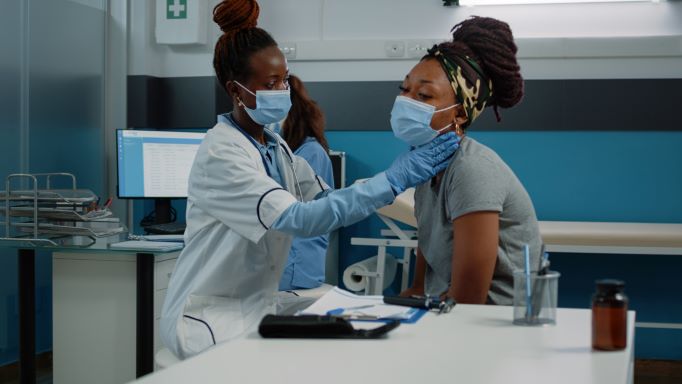In the United States, there remains an implicit bias that affects the quality of health care for African Americans.
“The attitudes and behaviors of health care providers have been identified as one of many factors that contribute to health disparities,” the American Journal of Public Health noted back in 2015. “Implicit attitudes are thoughts and feelings that often exist outside of conscious awareness, and thus are difficult to consciously acknowledge and control. These attitudes are often automatically activated and can influence human behavior without conscious volition.”
A Black-owned women’s health center in Florida has pledged to put all biases aside in the treatment of its patients. Life Tree Women Care in Jacksonville was recognized by The Florida Times-Union for its commitment to a concept known as “cultural competence.”
The cultural competence concept is not entirely new, but it is new to being a key to overcoming the disparities in health care between Black and white patients. Jamie Neal — one of Life Tree’s founders, a nurse practitioner and midwife — describes cultural competence as a requirement that medical providers “put biases to the side, listen to people needing care, listen to what they need, and use that information.”
A former Navy hospital corpsman, Neal witnessed a birth at 19, then knew that one day, she would become a midwife. “I knew what I wanted to do with the rest of my life,” she told the Times-Union. “It was amazing working with women and their families in the most vulnerable time in their lives.”
She later met her husband, Derek Neal, who had a real estate career but chose to use his master’s degree in business administration and his real estate, informational technology and business experience to help his wife build Life Tree Women Care, her medical practice.
In addition to seeing patients, the Neals are also public speakers, helping to improve cultural competency in health care beyond their health center, which opened June 1.
They note how race, socio-economics, health literacy and other factors can influence patients’ perception of their wellness and their symptoms, when and how they seek care, as well as the type of care they expect and prefer. Importantly, cultural competency in health care even affects whether doctors’ diagnoses are believed in the first place and whether patients follow their recommendations and treatment plans.
When health care providers don’t possess the cultural competence to recognize the differences between them and their patients, they may inadvertently deliver lower-quality care, notes the Times-Union.
At Life Tree Women Care, the Neals keep a staff of 28 very busy. Their hope is to eventually serve more Floridians elsewhere in a second space, aiming, they say, to “collaborate with other medical providers and community services to bring balance and maintenance to healthy lives for all.”
Story Credit: thegrio Staff
Photo Credit: DC Studio



































